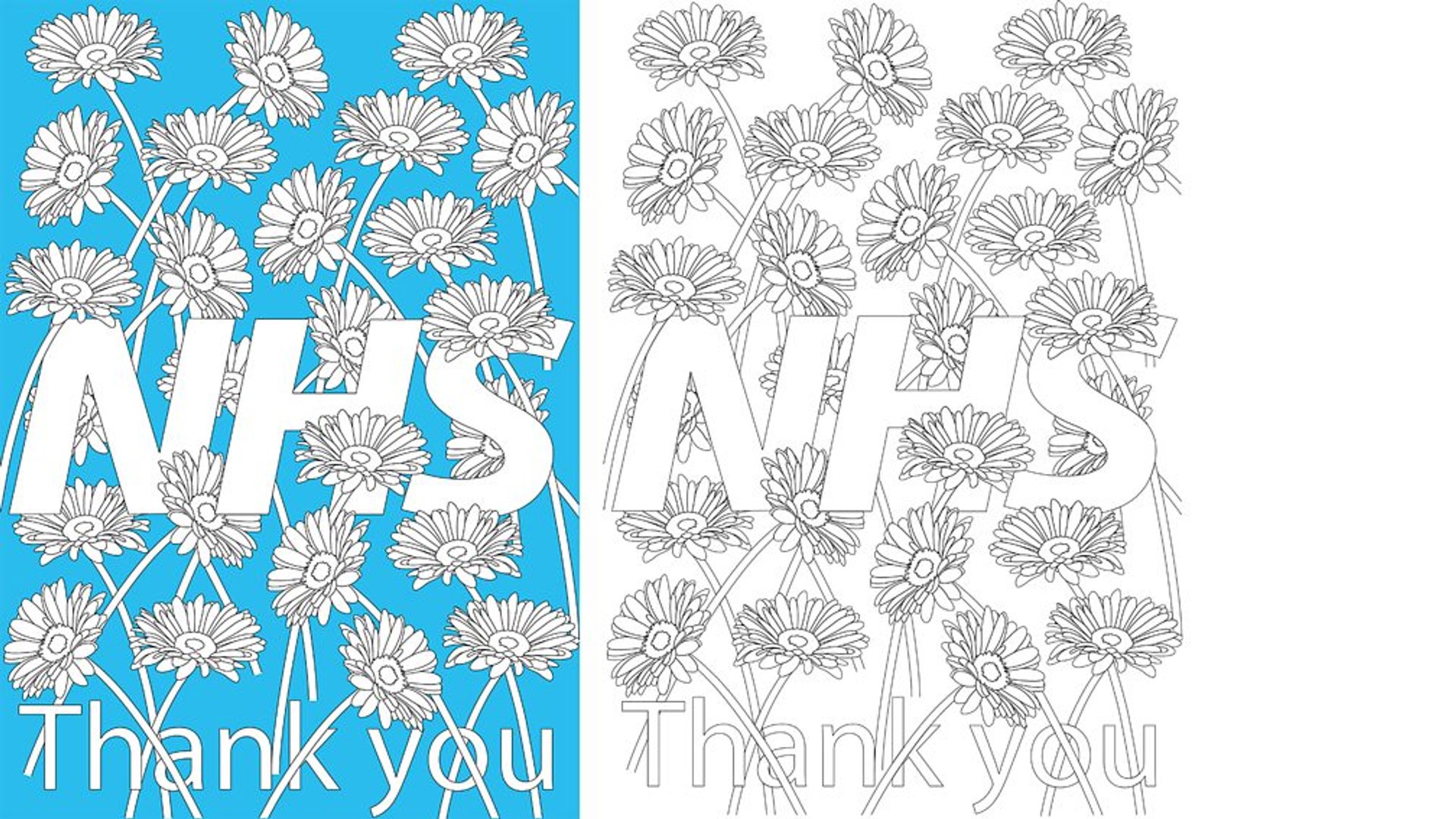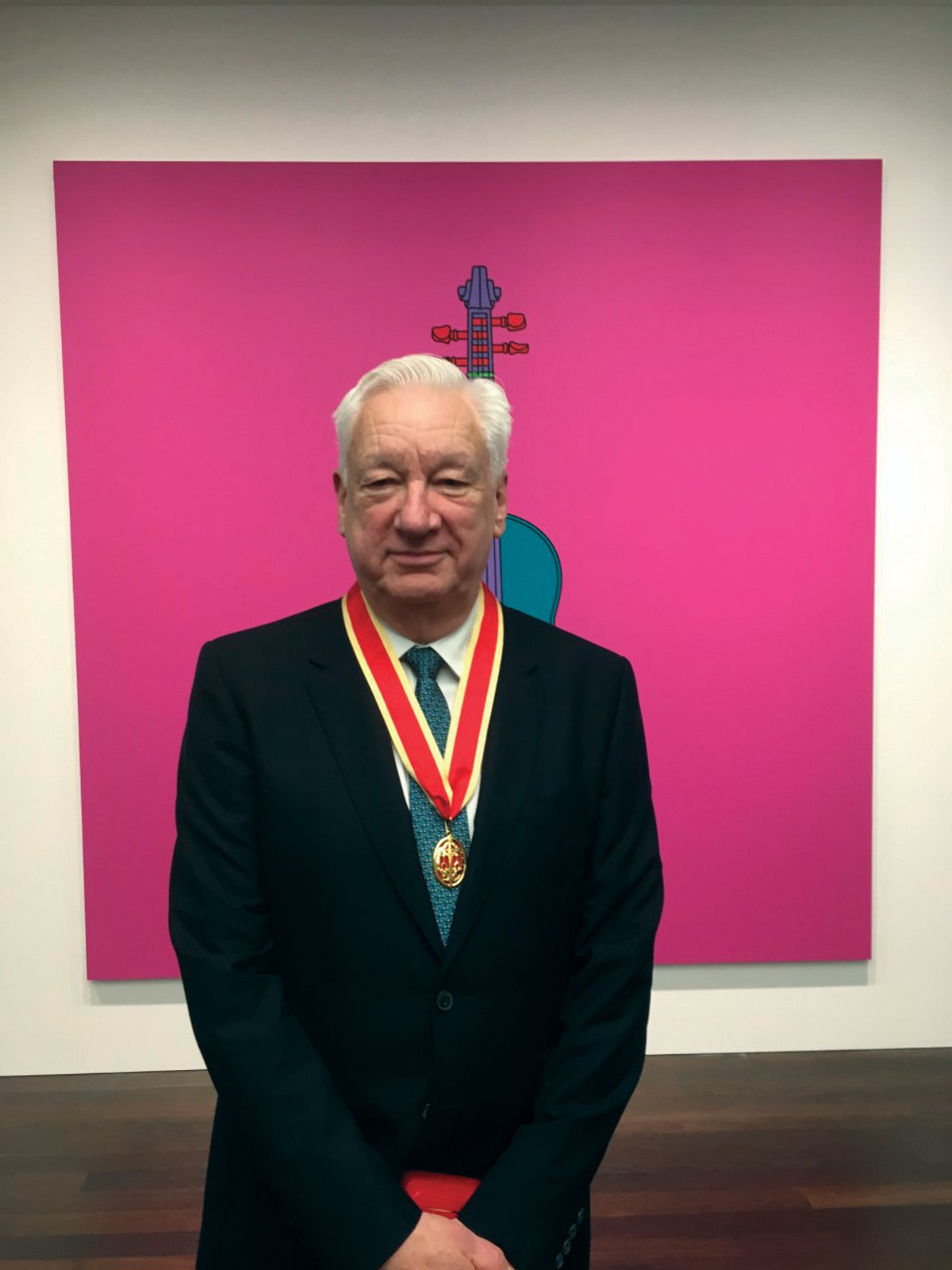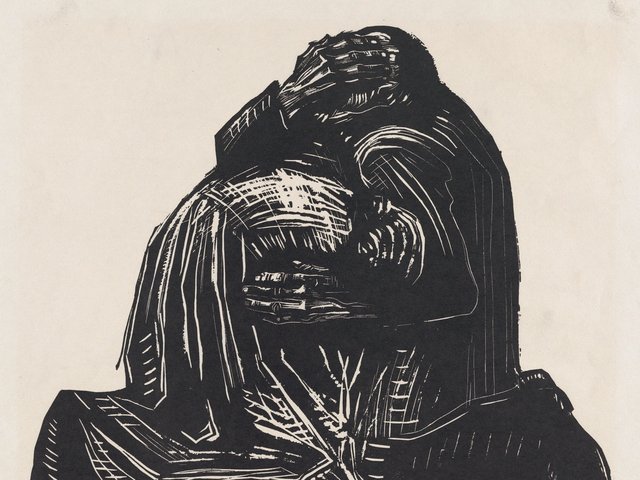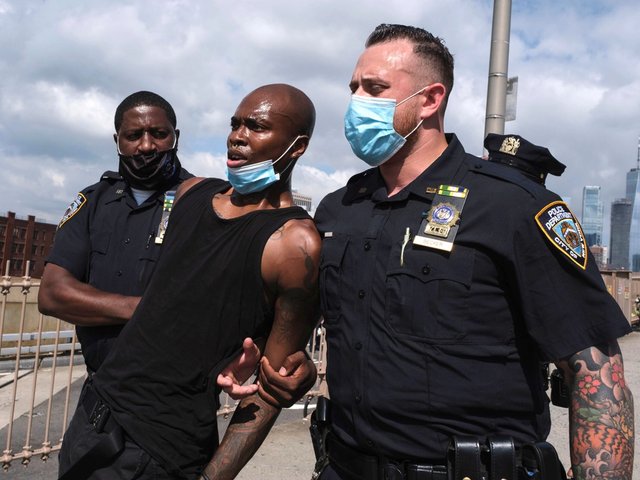I am 78 years old. I am in a high-risk category but, without underlying illness, fortunately not in the highest. For years, I have considered that I belonged to the luckiest generation that ever lived, a life without the global catastrophes such as the great wars that scarred the lives of my grandparents and parents, a life generally characterised by peace and prosperity. But now that catastrophe is upon us in a form most of us never anticipated. And ironically it is my generation that is most vulnerable to its immediate ravages.
I came back from Italy in mid-February and voluntarily self-isolated for two weeks. By that time, it was clear that what was happening there would soon come to us here, and I have more or less been in self-isolation ever since.
I consider myself better prepared for self-isolation than most. I have lived alone for many years, so having to keep only my own company is familiar to me. Like many artists, I have always spent much of my time working alone. I work most days, often all day. There are so few distractions. My work requires making a great many studies and, as I always do this on a computer, working from home has presented no problem. I also do all my drawings of individual objects on the computer. They are the building blocks of my work, and I have been enjoying drawing flowers, fruit and vegetables for the first time. It feels appropriate. What I am doing is the preparatory work for what I will do when I can go to the studio again.
Things will never be the same
Isolation has to a large extent brought us “back to basics”. Life for those who are fortunate may be so much simpler, so much less frantic. But all of us are frightened by the prospect of the virus and the financial future. Some major realignment is taking place in everyone.
It is clear now that things will never be the same and that recovery will take years, not weeks or months. The great plagues and pandemics of the past and the two great wars of the past century were followed by dramatic though not sudden, changes in the arts. Undoubtedly the same will happen again. The art world has been reduced to endless online displays of work, but their limitations are inescapable and I long as always for the physical experience of art. Yet galleries, like every business, are taking a terrible hit financially and I assume many will not survive. This will prove a disaster for most of the artists they represent. Being forced to work from home may have revealed new and more efficient ways of working, but that is likely to mean major job losses. It is frightening to think of the number of people who will be unemployed and the damage to the life prospects of the young through this massive disruption to their education and the shrinking opportunities.
In my isolation, I was very grateful to BBC Arts for inviting me to make a Thank the NHS poster that could be downloaded and coloured in by anyone. It was a privilege to be able to use my work to make a small contribution. But I am concerned that in our heartfelt gratitude to the NHS and other care workers for what they are doing on our behalf we do not lose sight of the fact that it is an outrage that many are having to die on our behalf. Nobody decides to become a doctor or a nurse thinking they may need to die to save their patients. That’s what people accept when they join the military, not the medical profession. These deaths, more than any others, are unconscionable.

Michael Craig-Martin has designed a poster for adults and children to colour in and display as a show of support for NHS staff
Politicians have failed us
Ever since the Brexit referendum here in Britain, our lives have been dominated to an unhealthy extent by the political world, driven by a comparatively small number of ideologically motivated politicians. Politics is far from the centre of the lives of most of us. We construct our lives culturally in the broadest sense: family and friends, home and work, the arts, sports, what we eat, how we dress, where we holiday. In isolation, we are all redefining our cultural life in the light of our new restrictions. We have been thrown back on our own resources and we are discovering or perhaps rediscovering things about ourselves and our true values. The British people have shown that their best characteristics have not been destroyed by the years of bitter political controversy.
Yet, in a crisis, it is to the state, representing us all, that we look for guidance and protection. And we watch in horror as our politicians fail us. We may not have Trump. But we also have no Cuomo. Over recent decades we have seen the role of the public realm criticised, derided and starved of funds by many of our politicians. We watch people die unnecessarily because of failures of leadership, inadequate planning, indefensible delays, false promises, half-truths. This is not the fault of our health and care workers, or our essential service workers, our teachers or scientists or police, or our recently much maligned civil servants.
The cumulative failure being played out before us is the responsibility of our politicians, those who sought to govern us, and whom we will hold accountable.
We must try never again to let political division and dogma dominate our lives in the way that it has. We must make sure we remember that it is our cultural life that sustains our common humanity.




